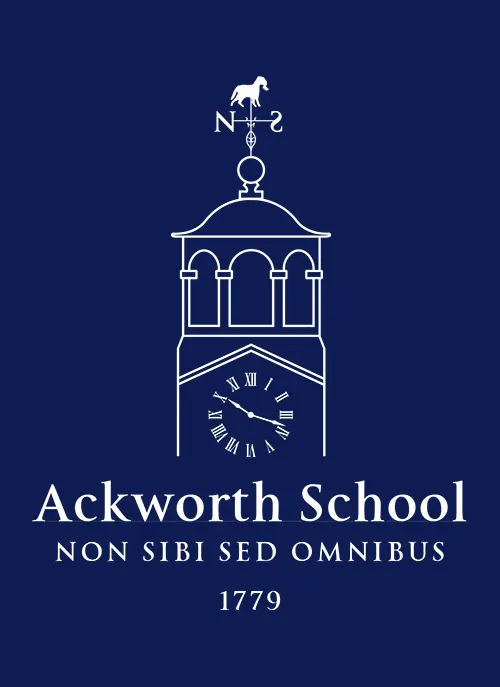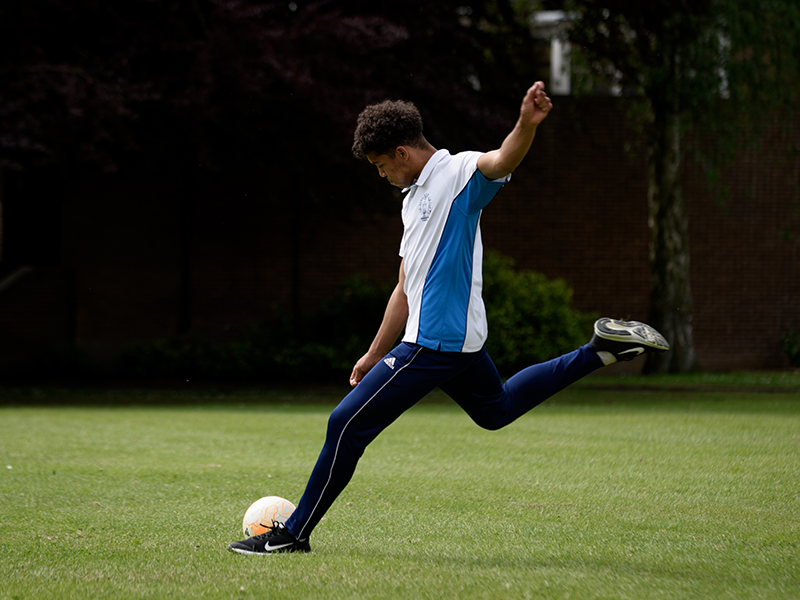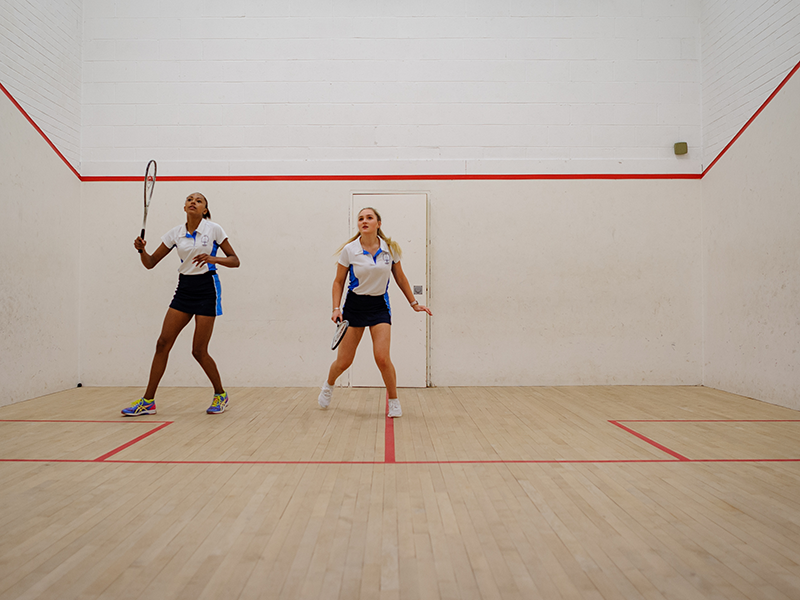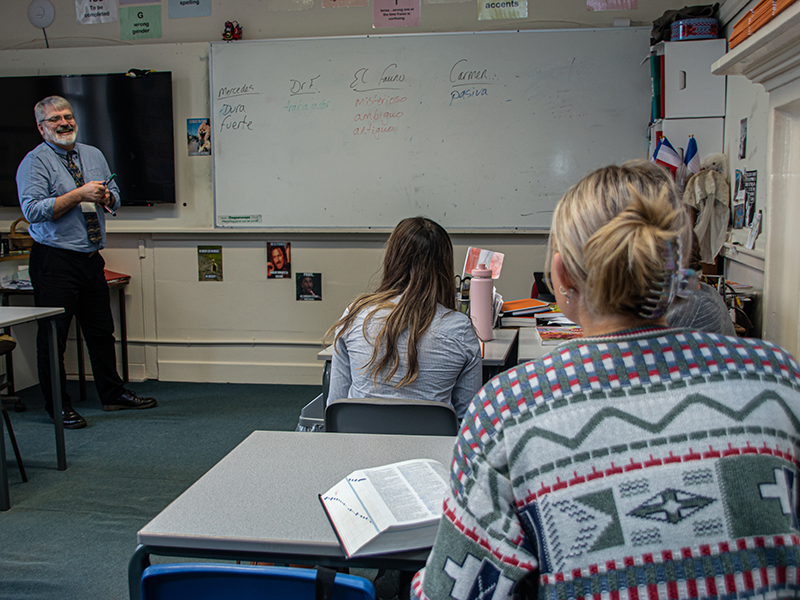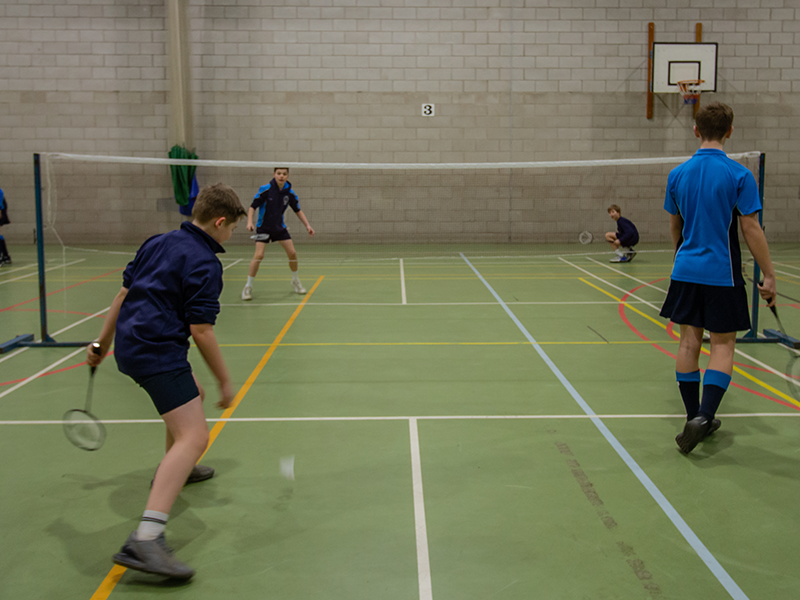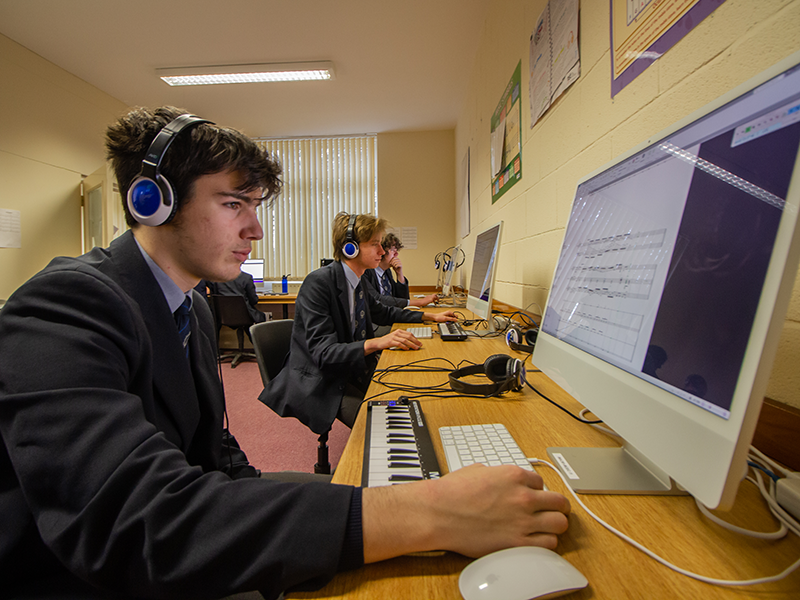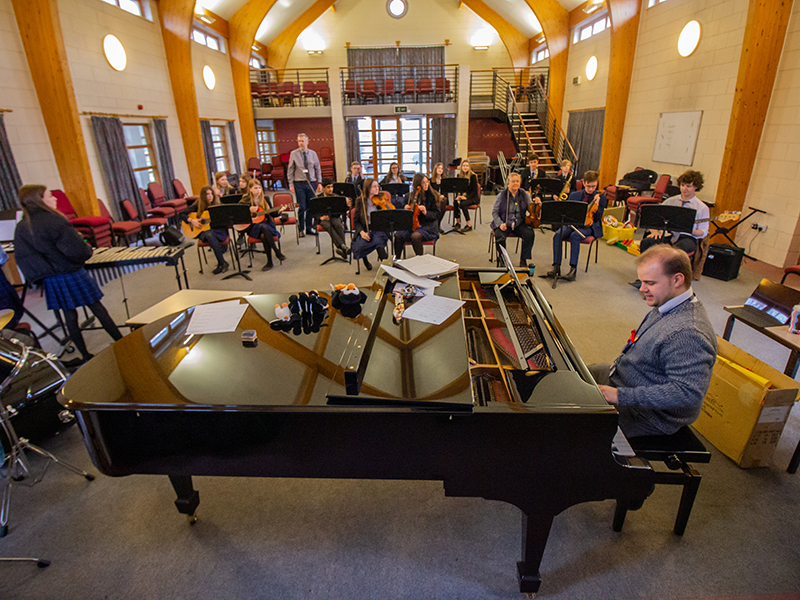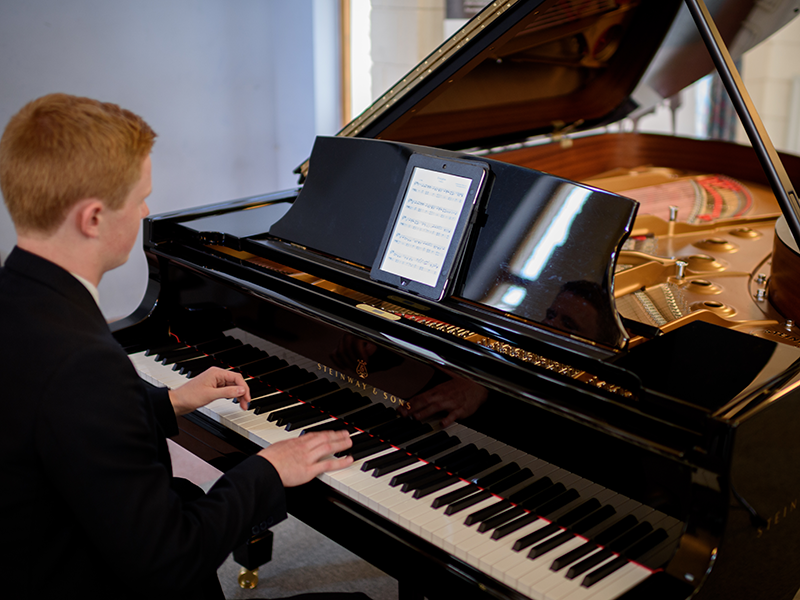BTEC Performing Arts
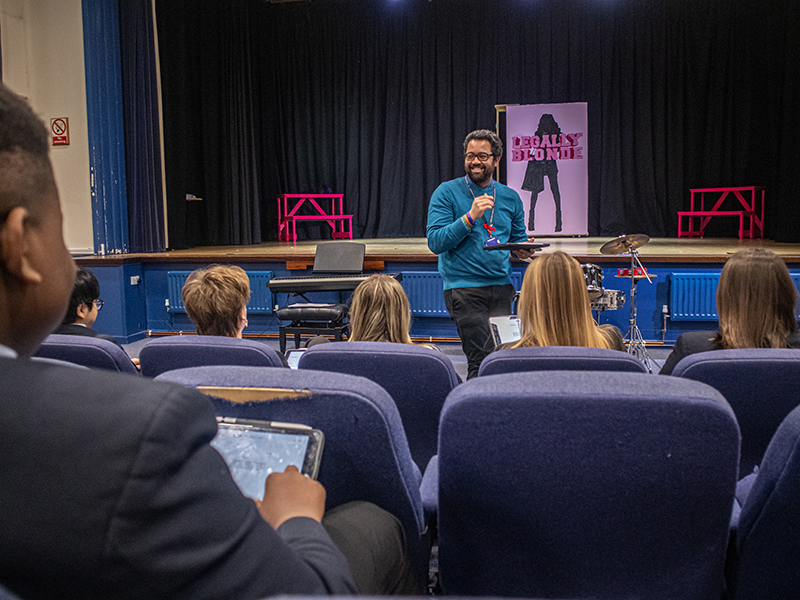
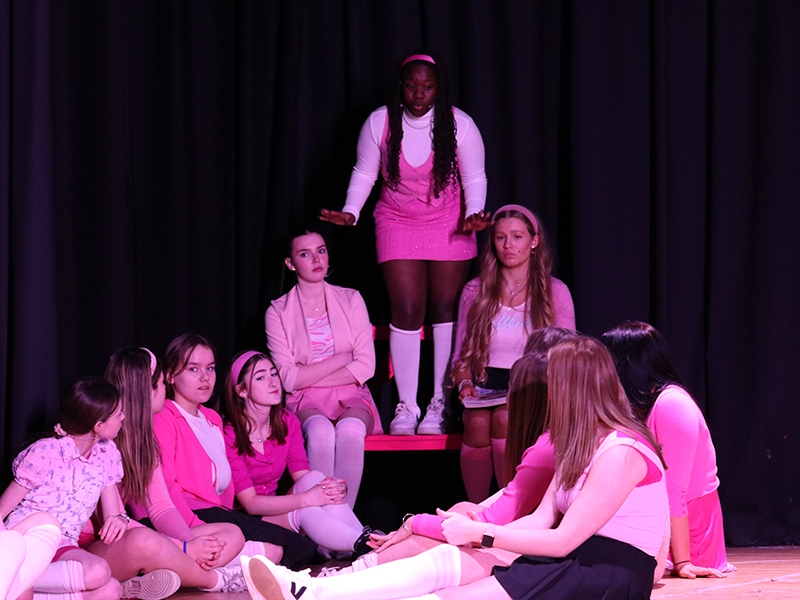
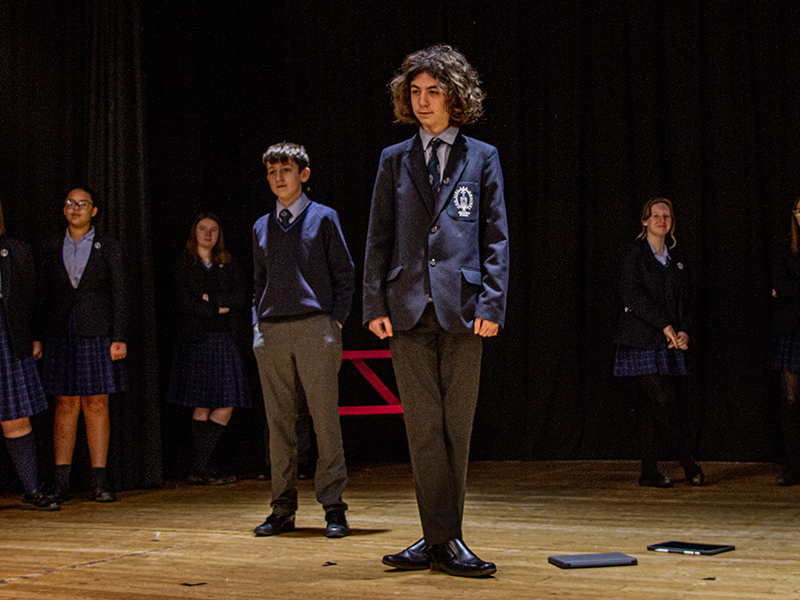
Ask an Ackworth student about why they might do Drama, and they might say something like this…
Drama fosters creativity.
Drama allows for complex problem solving and critical thing.
Drama sharpens communication skills and breeds confidence.
Drama allows for cooperation, leadership, negotiation and interaction with others.
Drama is mongrel and inter-disciplinarity, strengthening you across the board.
Drama teaches management, self-management, workload organisation and time-budgeting.
Drama is a voyage of imaginative exploration.
Drama allows for emotional release.
Drama is about building the courage to risk yourself.
Drama is super-inclusive: you see yourself anew, and you appreciate the skills of others.
Drama opens your mind – it’s a live escape from reality.
Drama is story, and stories are important to how human beings live.
Drama is social justice: drama changes how we live our lives, and informs how our lives relate to others.
Drama is about understanding yourself and others.
Drama is fun!
The subject is thriving at Ackworth. We offer the BTEC in Performing Arts in Sixth Form, a diverse qualification that offers both intellectually-enriching academic material as well as industry-specific vocational content.
At Ackworth, we encourage students to get involved with extra-curricular drama, whatever the nature of their interest happens to be. Opportunities exist for people to work backstage or with the technical elements of theatre as well as performance. During the course of the school year there will be one major school production, often in conjunction with the Music Department. The inter-House Drama Festival is held during the Spring term, in which each house produces a 20-30 minute piece of theatre. Towards the end of the Summer term, the younger students (1st-3rd form) take part in the Junior Production, and the open-access Cawood Slot results in increasingly sophisticated productions of the students’ own choice.
Additionally, students can take graded LAMDA examinations in Speech and Drama, and students flourish here, with students reaching Grade 8 and beyond. We go on four or more theatre trips a term, and our lives are better and our perspectives exploded for doing so.
Why study Drama at Ackworth School? The better question – why would you not?
Department Staff:
Ali Boucher (HOD Drama)
Oliver McCarthy-Bell (HOD Music)
Marie Gair (LAMDA Speech and Drama Teacher)
Exam board:
Syllabus code:
Module and course content:
